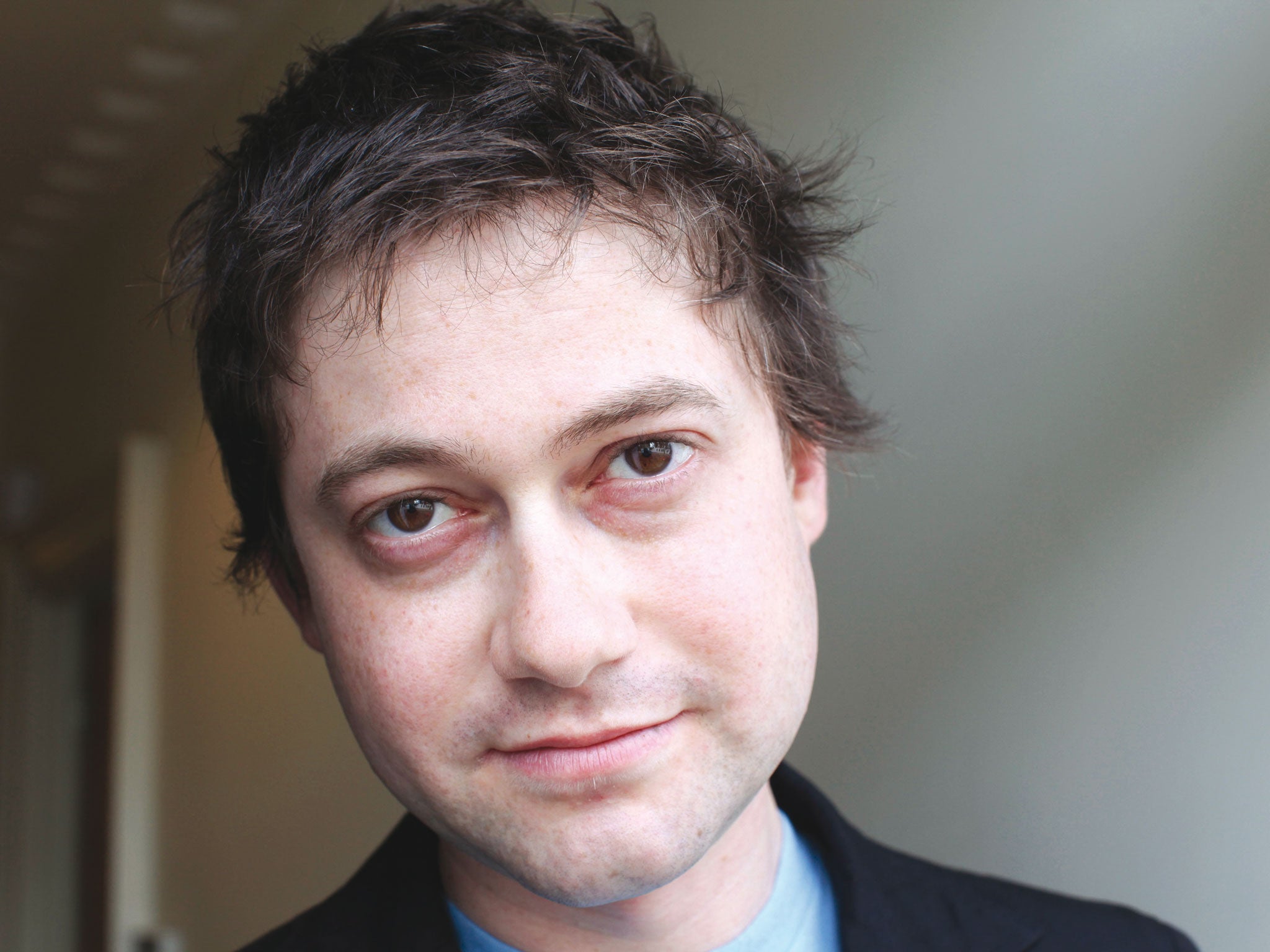Review: Multiples, Edited by Adam Thirlwell
There's linguistic fun to be had in translating stories backwards and forwards – but will the average reader get the joke?

Multiples seems to have started life as a mischievous sortie into linguistic mutability "for that McSweeney's thing", so it comes as no surprise that this assemblage of literary experimentation, like McSweeney's Quarterly Concern, is a bit left-field, innovative and a touch risky. Throw in Adam Thirlwell as editor and you have intellectual bona fides but also a project manager with a subversive instinct.
The basic plan is simple: take a dozen stories or extracts from a variety of international writers, and translate them into a succession of languages to see how they might change, rather in the fashion of a polyglot, large-scale game of Chinese whispers. As a sop to those of us who aren't trilingual, at least every other rendition is into English, which means a good 60 per cent of the narratives are accessible to English-only readers. Just to ensure a healthy injection of McSweeney-esque deviance into the process, Thirlwell has deliberately selected a good number of authors who don't actually speak the language they are tasked with translating from, which forces a number of intriguing evasions, interpretations, collaborations, confessions (mostly about Google translate) and downright impudence.
Like all of this fairly solid book's contents, it's worth reading all the iterations of each story (or those you can) as a block, since sporadic reading allows any resonances between the translations to fade.
The opening piece is a pretty good shop window of how the book plays out. The original story (by Søren Kierkegaard) translates from the Danish as "A Preface to Writing Samples", and reads as an elegant literary argument. Cees Nooteboom then translates it into Dutch, after which JM Coetzee's English re-tread feels like a conservative reading, thematically similar to the first English translation, with a few changed idioms and the slight portentousness that often looms within Coetzee's work. Jean-Christophe Valtat then produces a French version before the Canadian Sheila Heti, who "barely" speaks French, translates Valtat back into English with considerable brio. Gone is the dry wit, edged out by a comically brash, hectoring tone directed at the reader with liberal digressions about soufflés. Linguistically, Heti is a world away from Kierkegaard but stylistically and temperamentally there are interesting continuities and departures. The final version, into Swedish, is about half the length of Heti – so probably more scrambled egg than soufflé – and the translators' notes, found at the end of each block, suggest that the final writer went off on a fictional score-settling tangent, having found that a literal approach to the task "started itching like a straitjacket".
In some respect the notes are the more substantive element of Multiples, providing brief but vivid insights into the translator's hazardous art. David Mitchell, slightly regretting his literal take on a Japanese fable, ponders whether "authorial fidelity or the zing of your prose" is more valuable. Most here side with zing. "Literality kills, liberality thrills," suggests another, while AS Byatt, precise and articulate on the technical complexity of the task, felt "I didn't think I had the right" to tinker with previous iterations – and consequently produced a meticulous but occasionally dissatisfying version.
The best pieces in this book flow from a boldness of approach that is more akin to riffing than translation. Lawrence Norfolk made the obvious choice of the villanelle verse form, with its fiendish three-line rhyme scheme, to compensate for his hazy German, while Vendela Vida re-works her inherited story to have greater coherence and pace than its predecessors. A Spanish story gets oblique, Sebaldian monochrome photos spliced in, while Nadeem Aslam updates the Japanese fable, through the filter of Mitchell, Valeria Luiselli and Jonathan Lethem, to offer a meditation on modern Pakistan. John Banville, on the other hand, shows remarkably little change across four iterations from Aleksandar Hemon's first rendering of a Serbo-Croat tale into English, possibly because the chain only detours through Spanish and French.
So how much fun is it?
While it is sufficiently accessible, it's clear that multilinguists will get that bit more out of Multiples. My fairly residual French allowed me to dally pleasantly in some of the seven French iterations, but not having fluent Icelandic wasn't a killer flaw. Despite Thirlwell's background presence as a kind of fairground barker, however, there remains an unavoidable academic or intellectual slant to the exercise. Some of the dozen starting narratives are a bit obscure, which makes them ripe for re-working but not necessarily compelling for re-reading. Thirlwell himself offers the final blast, with a crack at an Italian yarn supposedly untranslatable because of its varying registers, argot and "dilapidated syntax". This packs a wallop but in doing so reflects back that some of the preceding tales in Multiples are slightly earthbound. There's plenty of linguistic fun to be had here, but its appeal may prove eclectic.
Join our commenting forum
Join thought-provoking conversations, follow other Independent readers and see their replies
Comments